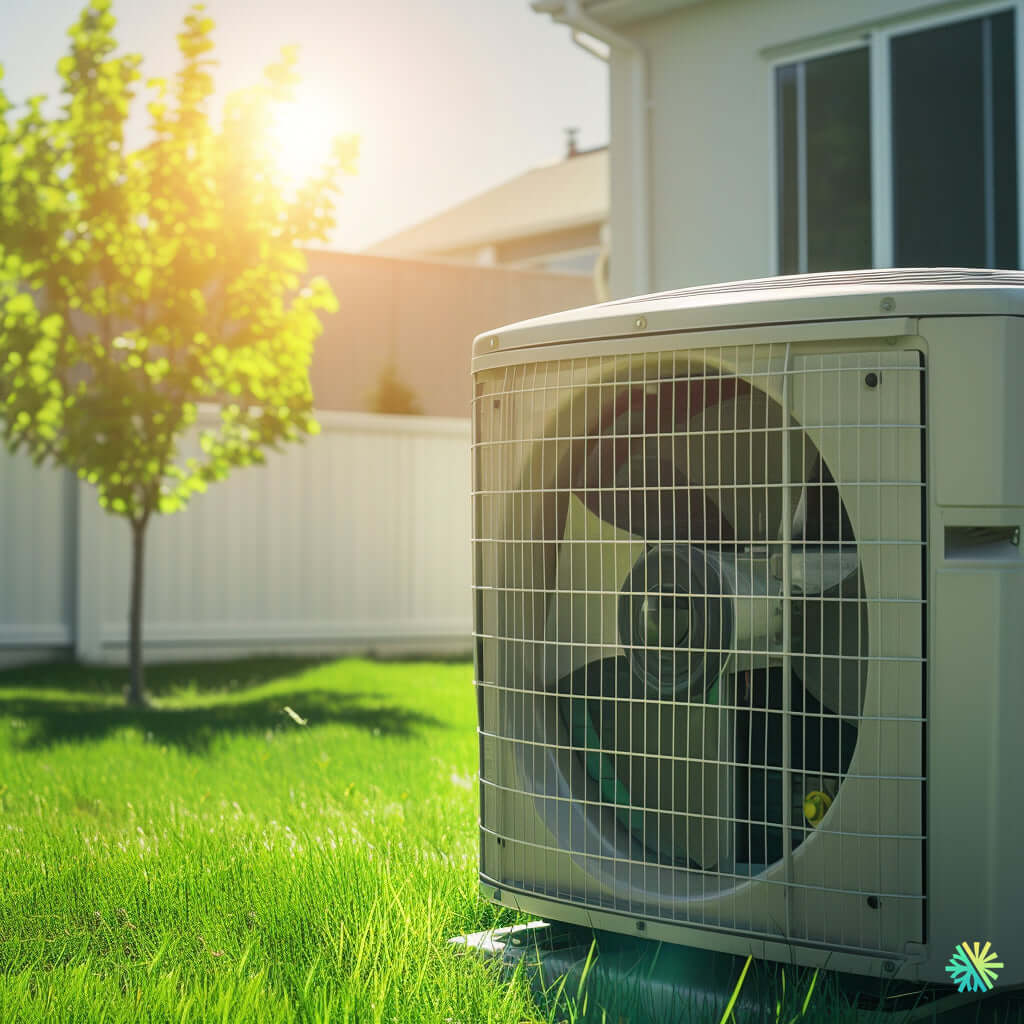The Energy Consumption of a Heat Pump Compared to a Traditional Air Conditioner: Demystifying in 2024
Introduction
Montreal's summer heat can be overwhelming, and air conditioning is an essential ally to keep your home cool and comfortable. When it comes to cooling your space, it's crucial to understand the differences in energy consumption between a heat pump and a traditional air conditioner. In this article, we will unravel the mysteries surrounding this topic and provide you with a clear and comprehensive view of both options in 2024.
What is a Heat Pump and a Traditional Air Conditioner?
A heat pump and a traditional air conditioner operate on different mechanisms.
-
Heat Pump: A heat pump is an all-in-one heating and cooling system. It uses a refrigerant to transfer heat between the inside and outside of your home. In summer, it extracts heat from the inside and releases it outside, thus cooling your home. In winter, it reverses the process to heat your home.
-
Traditional Air Conditioner: A traditional air conditioner is designed solely to cool the air. It uses a refrigerant to absorb heat from the inside of your home and release it outside, lowering the indoor temperature.
Energy Consumption: Heat Pump vs. Traditional Air Conditioner
Let's now compare the energy consumption of both systems.
-
Energy Efficiency:
-
Heat Pump: Heat pumps are known for their energy efficiency. In summer, they produce more cooling units per unit of energy consumed compared to traditional air conditioners. This means you get efficient cooling while using less electricity.
-
Traditional Air Conditioner: Traditional air conditioners are less energy-efficient than heat pumps. They tend to consume more electricity to cool the air, which can result in higher electricity bills.
-
-
Winter Use:
-
Heat Pump: One of the key advantages of a heat pump is its ability to heat your home in winter. It can extract heat from the outdoor air even in cold weather, making it an efficient choice for heating.
-
Traditional Air Conditioner: Traditional air conditioners are not designed for heating, which means you'll need a separate heating system if you opt for this choice.
-
-
Environmental Impact:
-
Heat Pump: By using less energy for both cooling and heating, heat pumps have a smaller environmental footprint, reducing your carbon footprint.
-
Traditional Air Conditioner: Traditional air conditioners can be less eco-friendly due to their higher energy consumption.
-
The Choice Depends on Your Needs
It's essential to choose the system that best suits your needs and lifestyle. Here are some points to consider:
-
Year-Round Use: If you need cooling in summer and heating in winter, a heat pump is a versatile option that can save you on your electricity bill.
-
Budget: If you have a limited budget and don't plan to use heating in winter, a traditional air conditioner might be a more affordable short-term option.
-
Environmental Sensitivity: If you're environmentally conscious and want to reduce your impact, a heat pump is a greener choice.
Conclusion
The energy consumption of a heat pump compared to a traditional air conditioner varies depending on many factors, but it's clear that heat pumps generally offer better energy efficiency. However, the final choice will depend on your specific needs and budget.
At AirGreen, we understand the importance of choosing the right air conditioning system for your home in Montreal, Laval, Longueuil, South Shore, and North Shore. We're here to guide you in your choice and ensure professional installation and maintenance. Contact us today to discuss your air conditioning needs.

